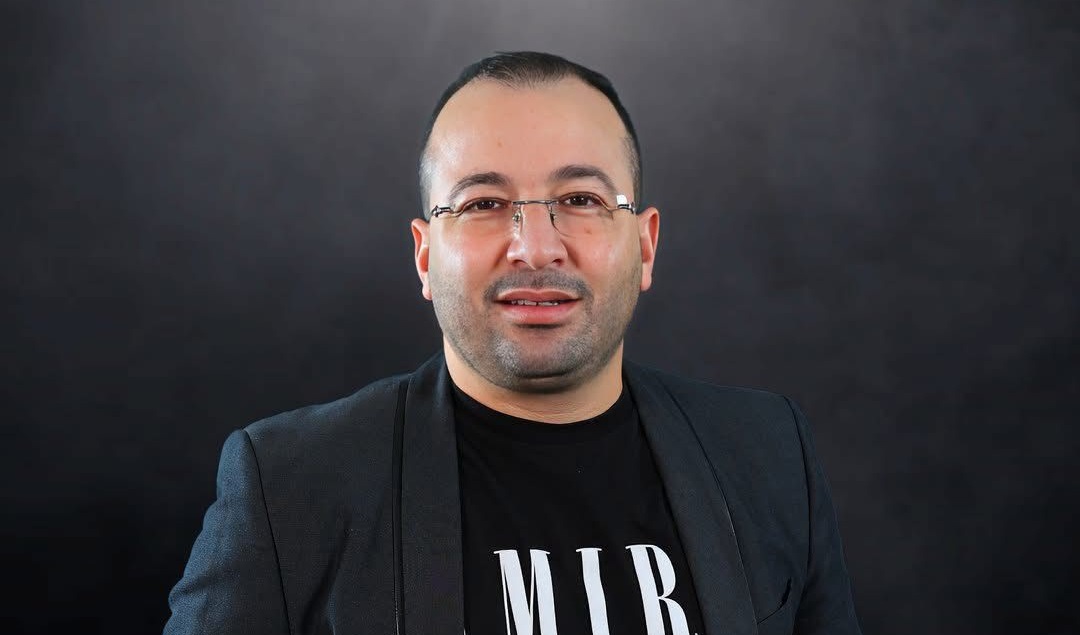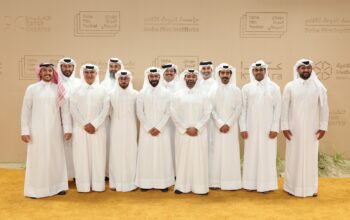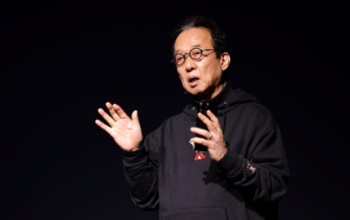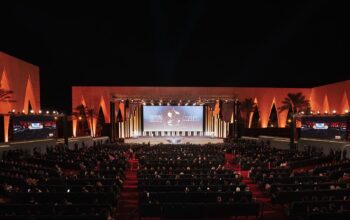The Hague – The Netherlands Middle East and North Africa Film Festival (MENA Film Festival), chaired by Mustafa Barbouche, is pleased to announce the selection of the documentary film “Naji al-Ali” by director Qassim Abed as the opening film for its sixth edition, which will be held from September 25 to 28 in The Hague.
The film traces the life and artistic journey of Palestinian cartoonist Naji al-Ali, from his birth in the Galilee region until his assassination by an unknown assailant in London in July 1987.
The film also explores the forces that shaped his character as an artist, who faced numerous challenges and hardships throughout his life, including harassment, siege, displacement, exile, and terrorism. It highlights how his experiences and artistic works have become a mirror reflecting the suffering and hopes of millions of Palestinians in the diaspora.
On the occasion of the film’s opening night screening, Wafa Marras, the festival’s artistic director, commented: “Our film programming aligns closely with our vision of presenting cinematic works of high artistic and human value, opening windows for dialogue on issues of identity, memory, and exile. Choosing Naji al-Ali’s film to open this edition is not just a celebration of the life of an exceptional artist; it is a message of loyalty to the power of art in confronting oblivion and defending the causes of freedom and justice. It is also a tribute to an artist who, through his work, embodied the courage to defend human rights with an immortal creative voice. The film reminds us that art is not only a mirror of reality, but also a tool for defending dignity and freedom, and for the values that unite people wherever they may be.”
Marras added: “We believe that opening the festival with this work gives our audiences a valuable opportunity to meet a cultural and human icon whose influence remains present in the Arab and global consciousness, reflecting our commitment to presenting cinema with intellectual depth and tangible human impact.”
Mustafa Barbouche, President of the Holland MENA Film Festival, said, “The Holland MENA Film Festival strives to be a space that celebrates creativity and a platform that allows filmmakers to express their visions and experiences. This edition highlights migration issues as one of the most prominent current challenges facing the world, based on our belief that cinema can address these issues with human depth that reinforces the values of coexistence and dialogue between cultures.”
Barbouche added, “Organizing the festival annually is not merely a celebration of cinema; it is a sustainable cultural project that primarily targets young Dutch people of North African and Middle Eastern origins. Our goal is to empower them with the tools of cinematic expression and encourage them to transform their diverse experiences and memories into artistic material that enriches the Dutch and European cultural landscape.”
Barbouche concluded, “We believe that supporting these young people in their pursuit of screenwriting, directing, and production contributes to building a new generation capable of telling their own stories, breaking stereotypes, and highlighting the richness of their diverse identities. Cinema, at its core, is a universal language capable of reshaping consciousness and building bridges of understanding between societies. By placing youth at the core of our vision, we seek to establish a true cinematic culture and instill a passion for the seventh art in the consciousness of rising generations. This will open up professional and creative horizons for them and make them active partners in shaping the future of cinema.”
The Holland MENA Film Festival aims to celebrate the voices and creativity of filmmakers from the Middle East and North Africa, including those from the Arab and Maghrebi diaspora in Europe, through film screenings, discussions, and workshops, seeking to open new windows for dialogue on issues of identity, freedom, exile, justice, and cultural diversity. The festival also seeks to showcase independent films that reflect the reality of the region, away from stereotypes, and to enable filmmakers to create a lively dialogue between cultures through the art of cinema. Relying on international agreements such as the 2005 UNESCO Convention, and the Dutch steadfast support for cultural pluralism and freedom of expression, the festival works to present films from the region that touch on contemporary issues, connect filmmakers with European production and distribution networks, create spaces for dialogue and criticism with the public, in addition to engaging cultural and educational institutions to support a new generation of creators.









